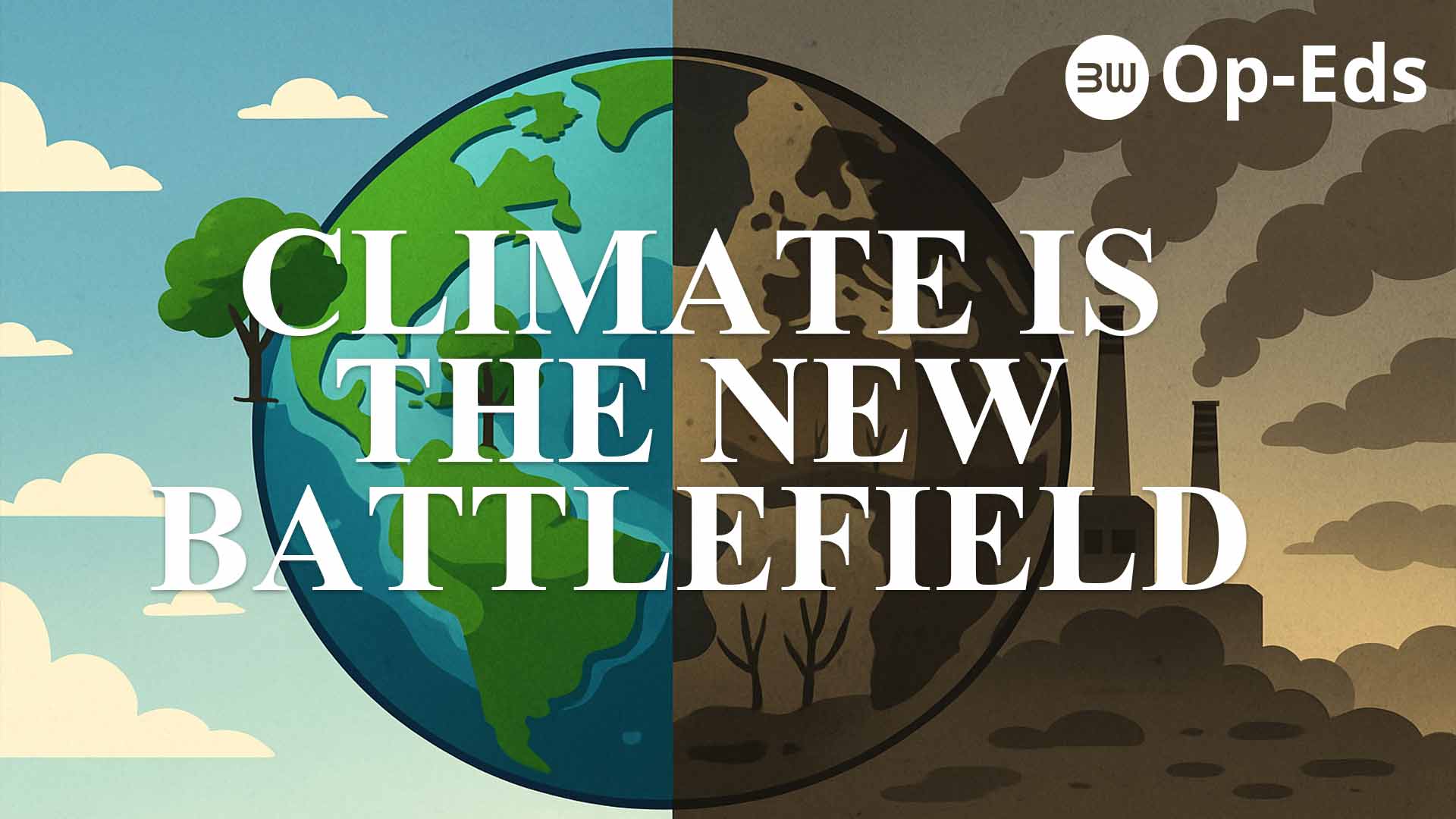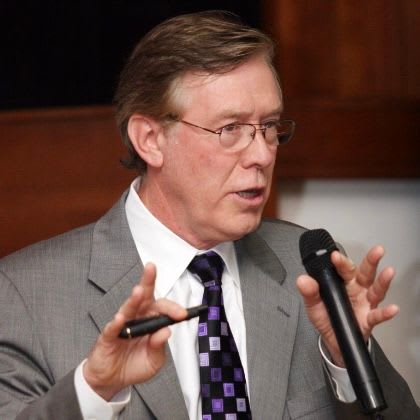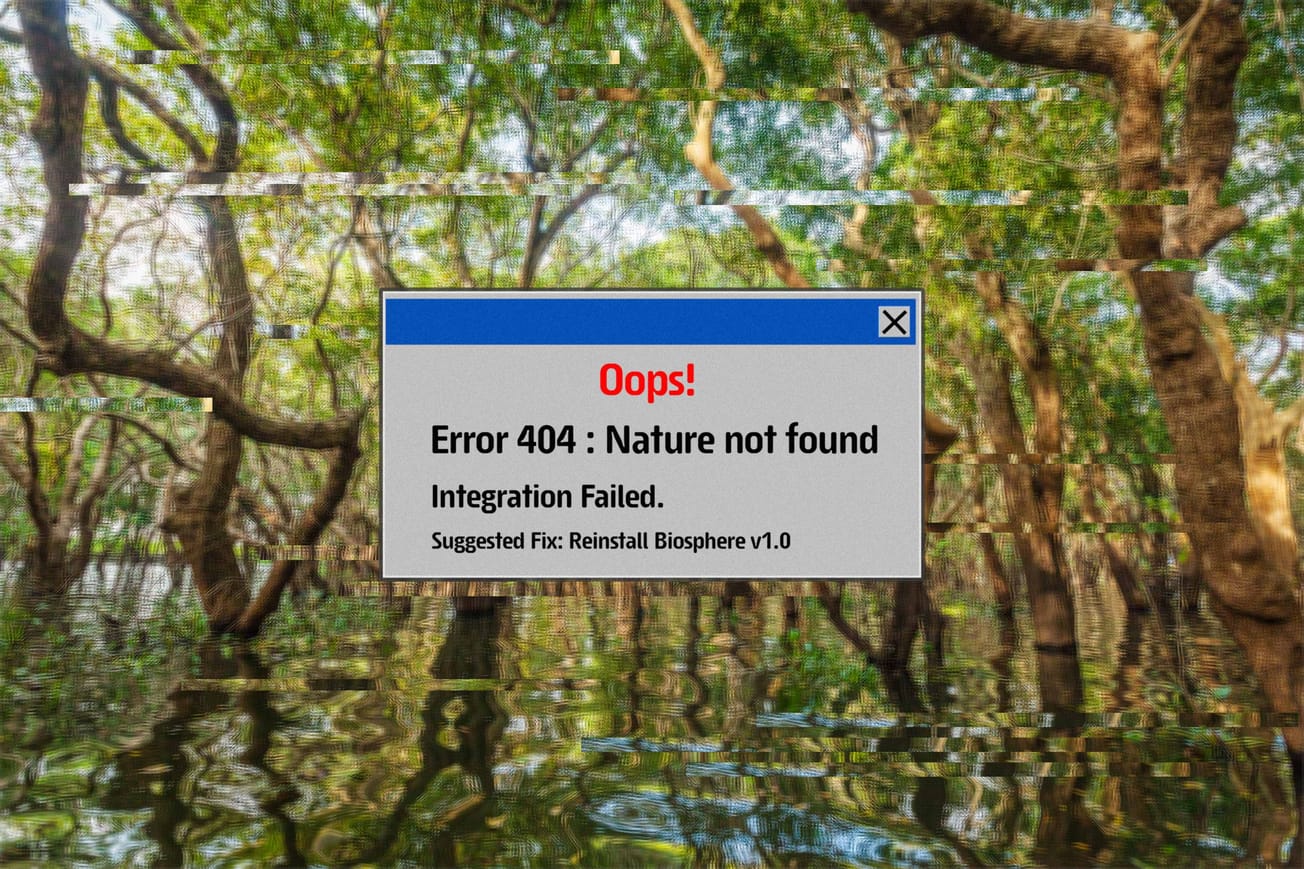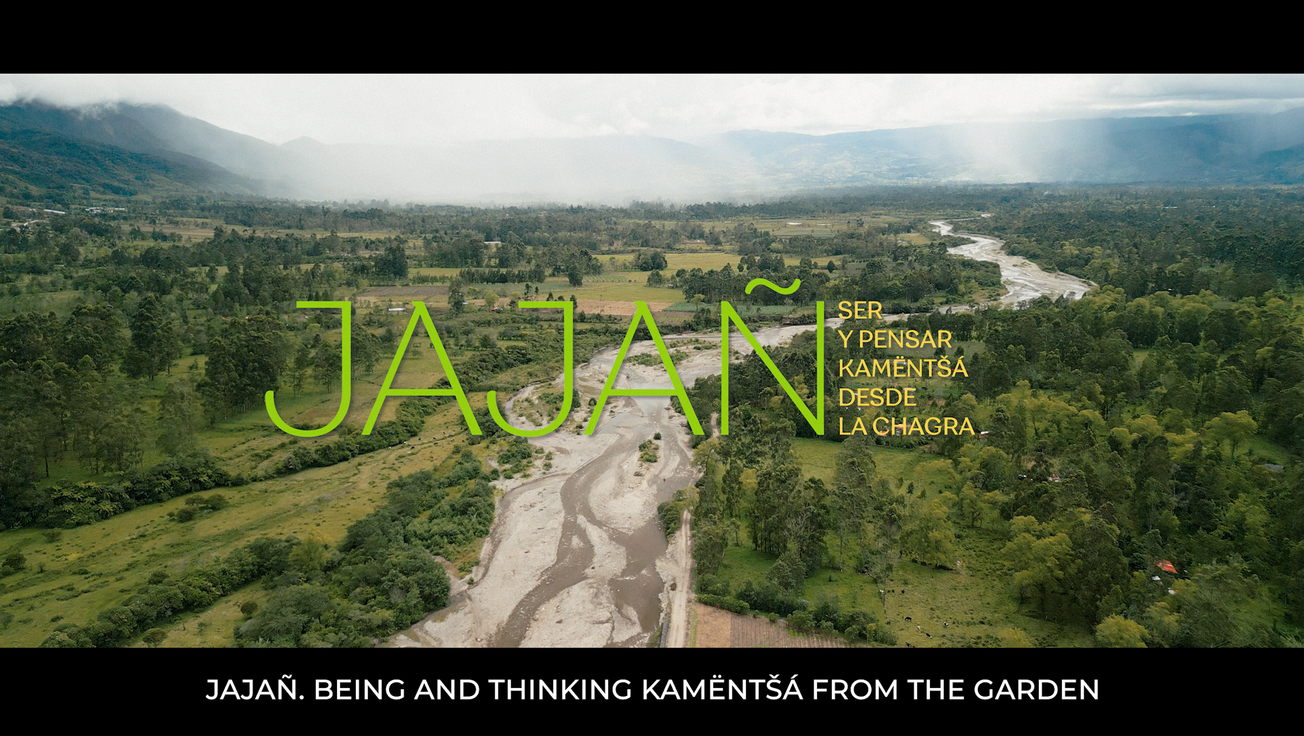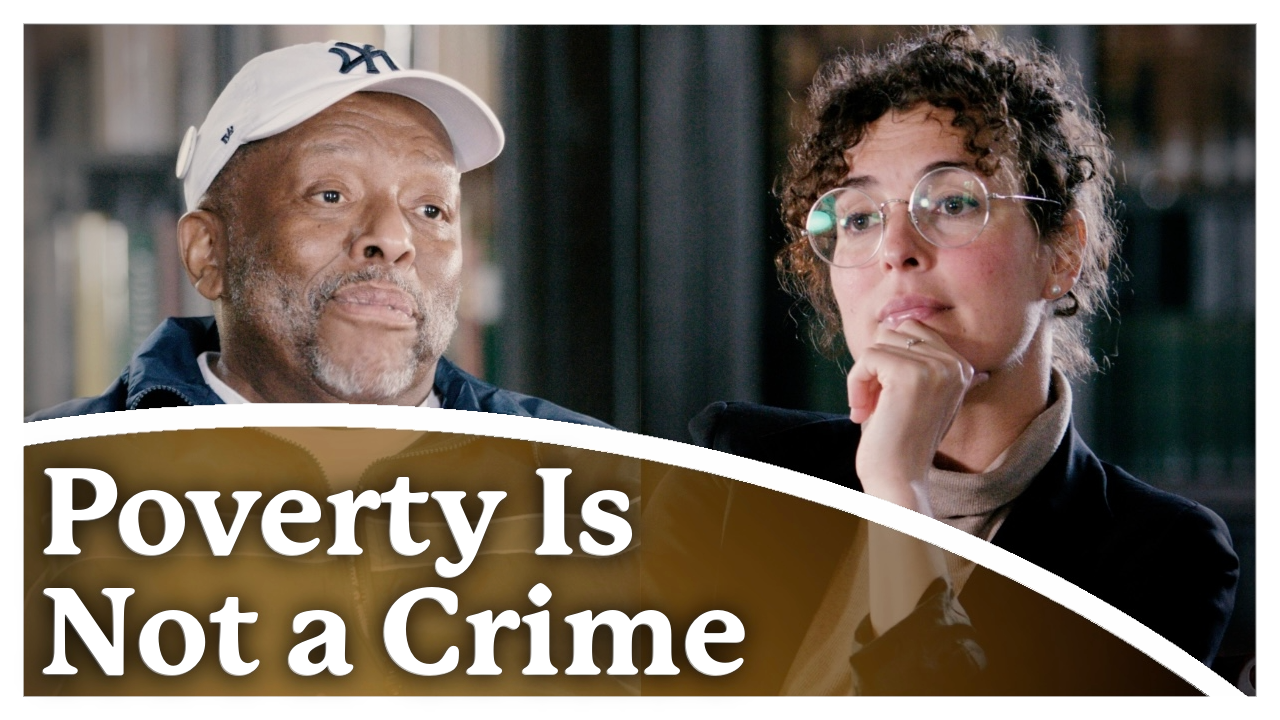Climate change demands collective action: phasing out fossil fuels, transitioning industries, and reevaluating personal consumption, but these measures can conflict with perceptions of individual freedoms and short-term interests. The contemporary Republican Party, particularly under the influence of President Trump and the MAGA movement, and the conservative echo-sphere has increasingly portrayed environmentalism, climate change advocacy, along with global institutions such as the United Nations, World Court, and World Economic Forum at Davos as direct threats to American freedom and sovereignty. To understand and confront this perspective, it's crucial to recognize the underlying ideological foundations that shape this stance.
Environmentalism, especially global climate initiatives, is viewed by many conservatives as a covert mechanism to erode individual liberties, undermine national autonomy, and impose top-down regulatory frameworks on American society. Prominent conservative voices have labeled environmental regulations and agreements like the Paris Climate Accord as economic shackles designed to redistribute wealth and power from the United States to other nations. Rather than being seen as collective action designed to address an existential crisis, environmental initiatives are cast as infringements on property rights, individual choice, and economic freedom.
Similarly, international institutions such as the United Nations, the International Court of Justice (World Court), and even the Catholic Church have become symbols of external interference, perceived as attempting to impose values, standards, and policies antithetical to American sovereignty. MAGA proponents frequently depict these bodies as vehicles for globalist agendas that threaten national identity and democratic governance. Figures within the Republican Party, echoing sentiments championed by President Donald Trump, routinely frame participation in international agreements and bodies as acts of submission to unelected global bureaucrats, undermining domestic governance and American exceptionalism.
American political culture is famously rooted in ‘rugged individualism,’ a value system of self-reliance, personal liberty, and distrust of government intrusion. This hyper-individualism poses a significant challenge to collective action on climate change. American democracy presents a particularly intricate landscape for climate action, deeply entangled in partisan polarization. Climate change, rather than a unified national concern, has become profoundly politicized, with sharp divisions shaping perceptions of environmental policy. As of 2024, more than half of Republicans view climate initiatives primarily as burdensome governmental interventions that harm economic prosperity, whereas most Democrats perceive them as beneficial, fostering economic growth and innovation. This ideological chasm, intensified by influential fossil fuel interests and structural roadblocks such as the Senate filibuster, has consistently impeded meaningful and lasting climate legislation. Even milestones like President Biden’s 2022 Inflation Reduction Act, heralded as America's most significant investment in clean energy, have favored market-based incentives over regulatory mandates to circumvent accusations of governmental coercion. Such cautious advances, however, remain vulnerable to abrupt reversals, as demonstrated by the subsequent rollback under the Trump-led Republican administration, highlighting the fragility of U.S. climate policy in the face of entrenched political divisions.
There is also a powerful and intertwined evangelical and white nationalist narrative that positions environmentalism as an ideological adversary, closely echoing arguments promoted by segments of the MAGA movement and conservative media. Within evangelical circles, environmental stewardship is often depicted as fundamentally opposed to their interpretation of biblical "dominion" (Genesis 1:28), which is understood as granting humanity supreme authority over nature. Influential evangelical voices frequently dismiss environmentalism as a contemporary revival of "nature worship" or "paganism," seeing it as a direct challenge to their religious convictions.
Prominent evangelical figures, notably former EPA Administrator Scott Pruitt, have argued explicitly that climate change lies entirely within "God's domain," thereby dismissing human-driven environmental efforts as misguided attempts to override divine authority. Similarly, influential religious leaders such as televangelist Pat Robertson have gone even further, branding environmentalism as inherently "anti-Christian," and framing climate activism as part of a broader secular or pagan agenda that undermines religious faith. Conservative evangelical media figures regularly amplify this rhetoric, portraying environmental initiatives as deceptive strategies orchestrated by Satan to distract faithful Christians from their essential biblical duties.
Evangelical and white nationalist critiques notably intersect with narratives espoused by the MAGA movement. High-profile MAGA figures such as Marjorie Taylor Greene and Steve Bannon explicitly condemn global environmental initiatives as fundamentally "evil," anti-American plots that endanger personal liberty and national independence. Greene, for instance, has openly characterized climate action as part of a sinister "globalist plot," designed specifically to control American citizens and dismantle their freedoms.
The recent election of Pope Leo XIV, formerly Cardinal Robert Prevost, as the first American pontiff, has ignited a cultural and political debate reminiscent of the 1960 U.S. presidential campaign, when John F. Kennedy's Catholic faith raised concerns about potential papal influence over American governance. Today, similar apprehensions surface as segments of the conservative movement question the implications of Pope Leo XIV's views on American politics.
Pope Leo XIV has been openly critical of certain U.S. policies, particularly those related to immigration. In a notable instance, he responded to Vice President JD Vance's interpretation of the Christian concept of ordo amoris, which Vance used to justify prioritizing American citizens over immigrants. Pope Leo XIV countered this by stating, “JD Vance is wrong. Jesus doesn't ask us to rank our love for others.” This comment underscores the Pope's emphasis on universal compassion, challenging political narratives that seek to hierarchize love and concern based on nationality.
Conservative commentator and prominent Trump confident Laura Loomer expressed strong disapproval of Pope Leo. In a post on X, Loomer stated: “He is anti-Trump, anti-MAGA, pro-open Borders, and a total Marxist like Pope Francis.” She further labeled him as a “WOKE MARXIST POPE” in a subsequent post. Loomer's criticism stems from Pope Leo XIV's past social media activity, where he expressed support for immigrants, environmental protection and social justice causes. Other conservative commentators echoed similar sentiments. Mike Cernovich referred to the new pope as an “open borders globalist” and speculated that he would advocate for abortion rights, based on his social media activity. Joey Mannarino, a pro-Trump influencer, criticized Pope Leo XIV for his past remarks on immigration and social justice, stating that “this guy is worse than Francis.” This dispute exemplifies the challenges in balancing deeply held spiritual doctrines against societal imperatives to safeguard vulnerable populations, illuminating broader questions about the boundaries of religious liberty in contemporary America.
With the growing distrust of nearly all global institutions, environmental protection and climate advocacy is thus deeply tied to broader narratives about freedom, autonomy, and national identity. For nearly 100 million Americans, resistance to these global entities is not merely a policy choice but a fundamental defense of American sovereignty and personal liberty. Understanding this narrative is critical for addressing the polarization surrounding climate action and global cooperation, which hinges on bridging the gap between global responsibility and national self-determination.
The Path Forward
The relationship among personal freedom, democratic governance, and climate action is intricate, nuanced, and deeply influenced by cultural and political contexts. Globally, varying cultural norms and institutional structures profoundly shape how nations confront the concepts of freedom and address the global warming. European democracies, for instance, typically succeed in enacting ambitious environmental measures through consensus-driven approaches, although this requires ongoing negotiation to maintain fairness and mitigate unequal burdens. Conversely, the United States exemplifies how a pronounced commitment to individual liberty can impede essential collective action, especially when such actions demand personal sacrifice or behavioral change. Furthermore, the evolving democratic dialogue in America reveals increasing polarization, with influential conservative media voices actively questioning or dismissing the necessity of meaningful climate interventions.
Authoritarian models exemplified by China can jump-start massive changes and potentially leapfrog in green technology, while developing nations across the Global South remind us that climate solutions must be equitable and paired with development; their calls for climate justice are fundamentally about reconciling ‘freedom from poverty’ with ‘responsibility for the planet.’ They show that while emissions cuts are needed everywhere, the pathway to decarbonization can’t ignore historical inequalities.
Ultimately, different concepts of freedom, whether it’s the American notion of minimal government, the European idea of collective welfare, the Chinese prioritization of stability, or the Global South’s aspiration for developmental autonomy, all influence how far and how fast societies will go in transforming their economies for sustainability. The most successful climate actions seem to occur when policymakers harness cultural values rather than fight them. For instance, framing climate stewardship as patriotic and pro-economic in the U.S., as safeguarding social welfare in Europe, as advancing national greatness and “ecological civilization” in China, and as a path to self-reliant development in the Global South.
No one system has a monopoly on effective climate action. Enlightened leadership and public engagement can drive progress in democracies and non-democracies alike, just as obstruction or apathy can impede them. Climate change, after all, is a collective problem that demands collective solutions; aligning those solutions with people’s sense of freedom and fairness is key to achieving the broad-based support needed to save our shared planet.


